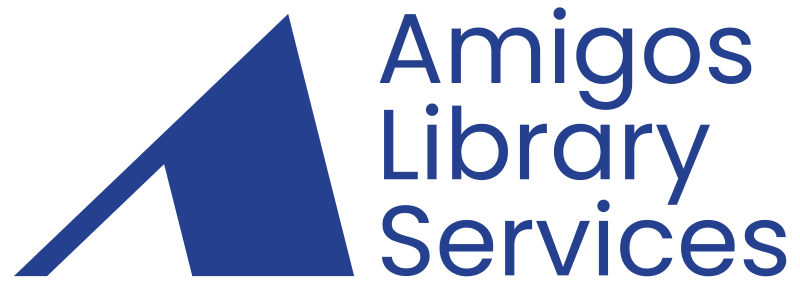Know & Go: Creating a Mentorship Program at Your Library
A successful mentorship program can foster meaningful connections across the staff. Discover best practices, effective strategies, and practical tips to empower individuals on their personal and professional growth journeys through the power of mentorship. Set staff up for success, whether you have an established program, are exploring an initiative, or just looking for ways to improve staff connections across the organization, the models and insights shared will set you in the right direction.
